Air Pollution
Most countries is South East Asia have inherited a colonial system of administration and have adopted a development strategy imported from the Western countries, whose economy was built on the basis of exploitation of nature and the colonies. This was alienated the policy makers and the administrators from the common people who are struggling for survival. Wanton exploitation of nature continued with modern technology was created serious environmental problems like air pollution, water pollution, and soil erosion. In 1949, the UN organised a Scientific Conference on conservation and utilization of natural resources, wherein it was declared.
The Nature’s plentifulness is a heritage not to be squandered with impunity, it must be conserved for the future generations or its bankruptcy will extinguish us all. Development objective ought to create favourable conditions for a life style in which everybody enjoys happiness, peace and fulfillment. This is possible if the basic needs of all living beings are fulfilled from their surroundings.
The most alarming of all man’s assaults upon the environment is the contaminations of air. There are a number of air quality crises confronting the world. These are acid rain precipitation, the increase of greenhouse gases and destruction of the ozone layer. Many nations are responding to threats of global warming, ozone depletion and other consequences of atmospheric pollution. The life support system on this planet consists of air, water, land fiord and fauna. Normally these are mutually interconnected and also interdependent. Human activities man disrupts this intricate balance.
An effective response to pollution of the atmosphere will require concerted global action at all levels by a wide range of nongovernmental and intergovernmental organisations. Such action should be supported by legal instruments declaring the atmosphere to be the common heritage of humankind.
Get it now and save 10%
BECOME A MEMBER

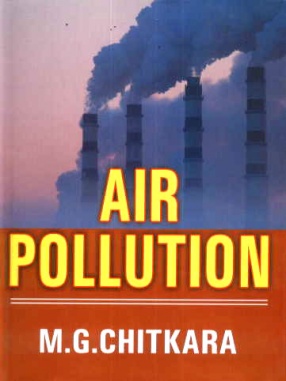
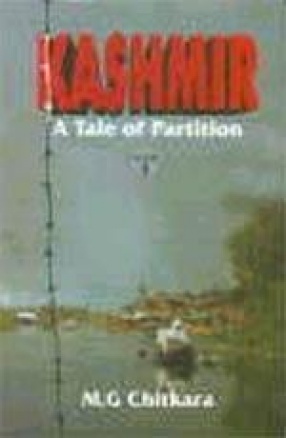

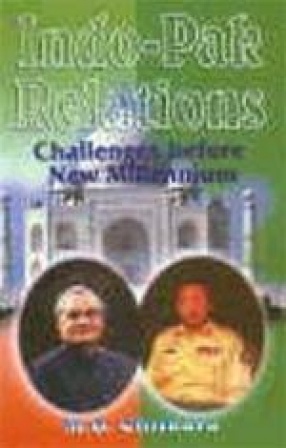
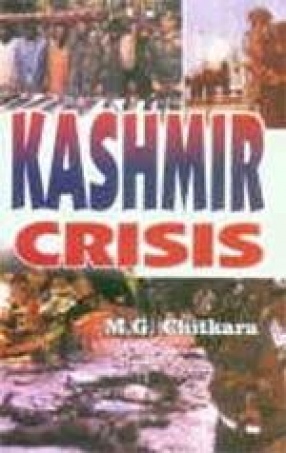
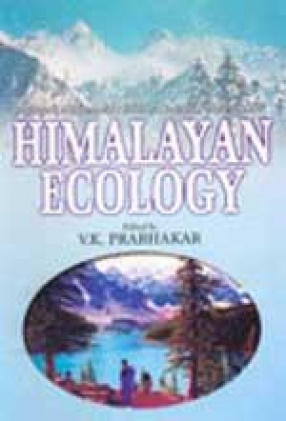
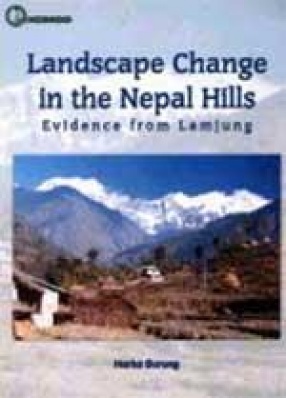
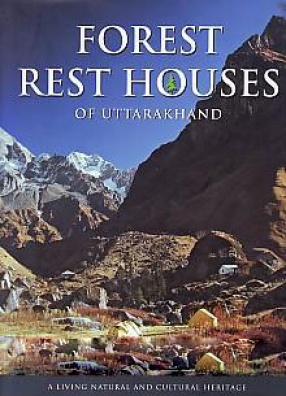
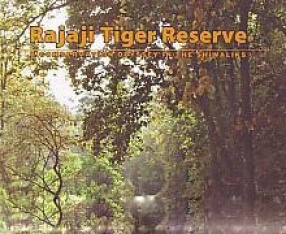

Bibliographic information